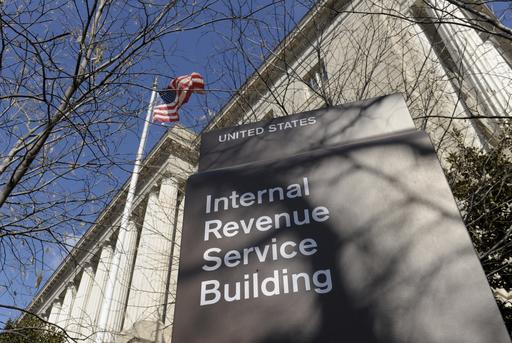In Regan v. Taxation With Representation of Washington, 461 U.S. 540 (1983), the Supreme Court rejected a First Amendment challenge to the provision in the federal tax code that denied tax-exempt status for substantial lobbying activities.
Lobbyist group denied tax-exempt status
Taxation With Representation of Washington (TWR) had sued the Internal Revenue Service (IRS) after the IRS refused to grant it tax-exempt status under 26 U.S.C. 501(c)(3) of the IRS code. The IRS denied such application because a substantial part of TWR’s activities would consist of lobbying.
TWR contended that the prohibition against substantial lobbying violated the First and Fifth Amendments.
With respect to its First Amendment claim, TWR contended that denying tax benefits for lobbying activities violates the principle of Speiser v. Randall (1958), in which the Court wrote that “to deny an exemption to claimants who engage in speech is in effect to penalize them for the same speech.”
Court said tax benefit to lobbyists did not suppress First Amendment activities
The Supreme Court unanimously rejected TWR’s constitutional claims.
Writing for the Court, Justice William H. Rehnquist relied on Cammarano v. United States (1959) for the principle that Congress does not violate the First Amendment by refusing to subsidize lobbying activities. “In this case, like in Cammarano, Congress has not infringed any First Amendment rights or regulated any First Amendment activity,” Rehnquist wrote. “We find no indication that the statute was intended to suppress any ideas or any demonstration that it has had that effect.”
Justice Harry A. Blackmun, joined by Justices William J. Brennan Jr. and Thurgood Marshall, authored a concurring opinion in which he agreed that Congress did not violate the First Amendment with its substantial lobbying ban in 501(c)(3).
David L. Hudson, Jr. is a law professor at Belmont who publishes widely on First Amendment topics. He is the author of a 12-lecture audio course on the First Amendment entitled Freedom of Speech: Understanding the First Amendment (Now You Know Media, 2018). He also is the author of many First Amendment books, including The First Amendment: Freedom of Speech (Thomson Reuters, 2012) and Freedom of Speech: Documents Decoded (ABC-CLIO, 2017). This article was originally published in 2009.

